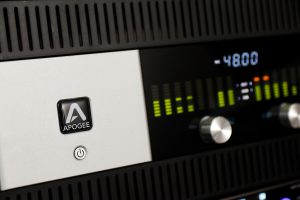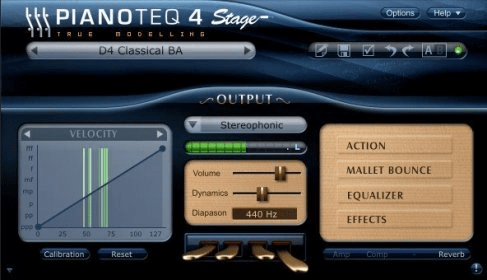

In the stage version, you cannot change the volume of those, in the Standard version you could. And some notes were way too loud or hurt my ears on my setup, in my case that were the highest four or five or so keys. That won't be possible with the stage version. Some notes had a really annoying nasal and metallic sound (even more nasal and metallic than all the others), and the only way to fix that was to change the string length a little bit. That means you will also not be able to change string length, and you won't get note edit for volume. The thing of note here though is that the stage version doesn't allow you to fine tune the instrument beyond the preset choice. Every time I play Pianoteq and move back to a sampled piano it always feels soo good. I personally think its playability is great if you spend the time to configure it, but the sound will always sound synthetic and fake to me. There's hardly a piano VST that is more divisive on here, some love it dearly, some hate it. Wait for some other people's opinion about this though, as I said there's people who really like it. Even after hours of fiddling with it, I couldn't configure it so that it would feel natural when playing, and I couldn't get the dynamic range to be large enough for loud notes to really feel loudly. The worst thing about it is that it has several settings for volume/velocity/sensitivity (or whatever exact terms they used). The Ravenscroft has some fans on here, they often cite it as one of their top 3 or top 5 piano VSTs.

But that's how piano vsts are marketed in many instances, and it's a real pain.I would kinda recommend against both.

Still, always better to make the "sound" vs "playability" distinction as opposed to statements like "This is the "Best" vst!" I find statements and evaluations put in these terms worse than useless. Of course, as Tomislav says, there's a huge subjective component in these assessments. That is, they don't sit under the fingers as well as, say, "Pianoteq" and other modelled and resource-efficient piano vsts. neither of these two VSTs (in my view) are super-playable. I really love playing it." You have to break that statement down.įor example: "Signature Grand" and Spitfire's "Hans Zimmer Piano," arguably, are incredibly REAL sounding: ie, if you make a (well-played and midi-edited) recording using either of these vsts in solo classical or jazz rep, most trained listeners listening through high-end equipment (monitors or heads) will have great difficulty saying "that's not a real piano." I like Pianobook's distinction between "playability" and "sound." Hugely important distinction: it's not enough to say: "Great piano vst. Googled "PIANOBOOK." Excellent reference, which I was completely unaware of! Jeeze, there are MANY piano vsts out there which I've never heard of.


 0 kommentar(er)
0 kommentar(er)
